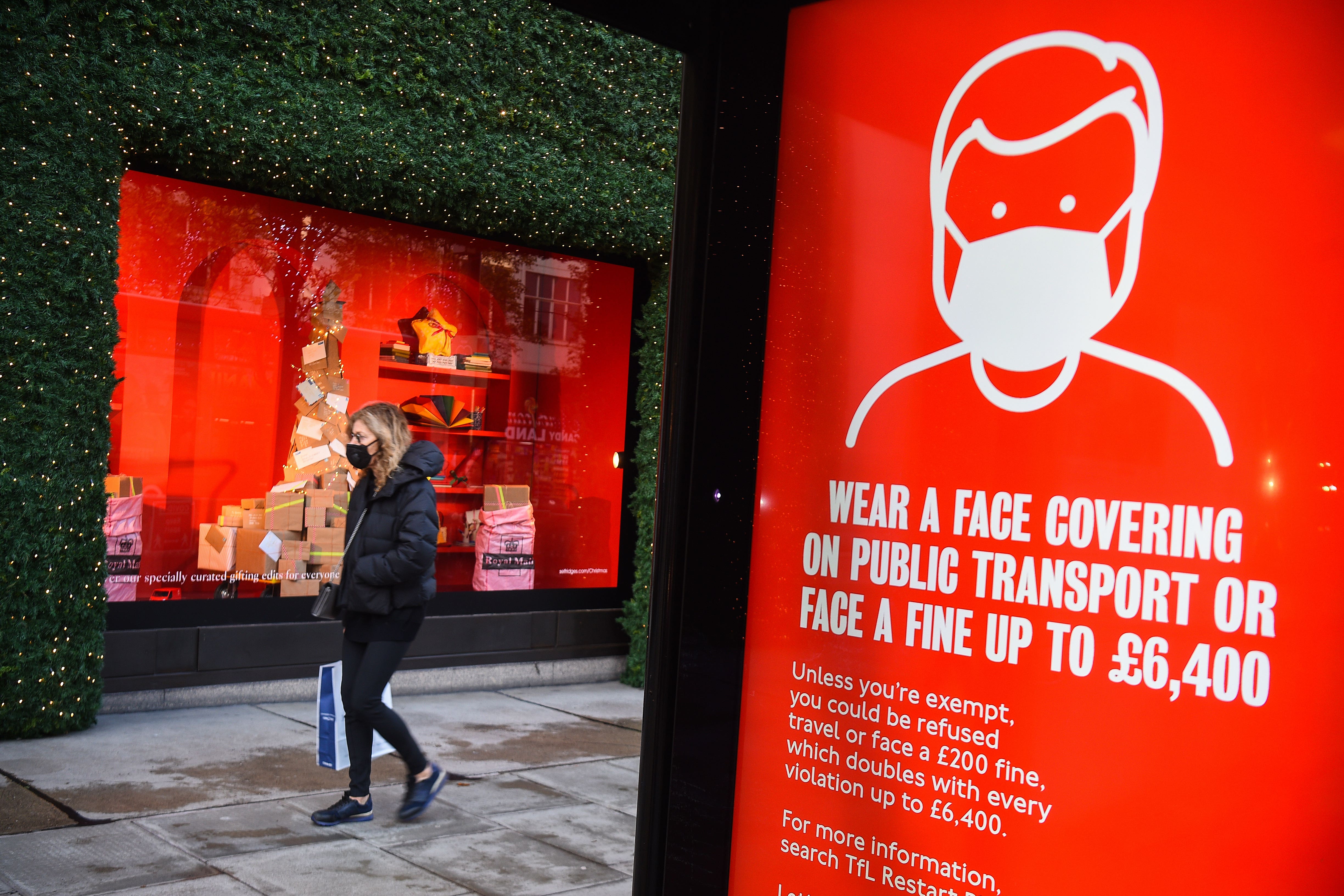Hubris and overconfidence hampered early Covid response, says nudge unit chief
There was ‘arrogance’ in believing the UK would fare better than other countries in the early days of the pandemic, the Covid-19 Inquiry heard.

Your support helps us to tell the story
From reproductive rights to climate change to Big Tech, The Independent is on the ground when the story is developing. Whether it's investigating the financials of Elon Musk's pro-Trump PAC or producing our latest documentary, 'The A Word', which shines a light on the American women fighting for reproductive rights, we know how important it is to parse out the facts from the messaging.
At such a critical moment in US history, we need reporters on the ground. Your donation allows us to keep sending journalists to speak to both sides of the story.
The Independent is trusted by Americans across the entire political spectrum. And unlike many other quality news outlets, we choose not to lock Americans out of our reporting and analysis with paywalls. We believe quality journalism should be available to everyone, paid for by those who can afford it.
Your support makes all the difference.“Hubris” and “overconfidence” that the UK would not be hit as hard by the pandemic hampered its learning from other countries, the head of the government’s so-called nudge unit has said.
President of the Behavioural Insights Team, Professor David Halpern, told the UK Covid-19 Inquiry that pride in UK science led to a delay in considering approaches by other nations affected at the start of the crisis.
In a letter to senior officials in July 2020 criticising the initial response, he wrote: “Ironically, the pride in our science and our capabilities slowed our ability to learn lessons from other countries under cover of variations of ‘it is very different there’, there was an arrogance that we knew better and would do better.”
We felt that the evidence became very compelling, certainly by late March, early April, for masks, and there was a strong anchoring in scepticism in many of the medical community
He said anchoring – a difficulty in moving away from prior assumptions – among the expert medical community led to an presumption that Covid would be a flu-like wave, which he said was “the most fundamental misstep” in the early handling of the virus.
This presumption prevented the expansion of tracing and the pursuit of suppressing its spread, he said in the note which was shown to the hearing.
There was “a touch of hubris that we knew better and we would do better, alongside criticisms of how badly other countries were doing,” he also wrote.
The psychologist told the inquiry on Wednesday that there was a sense that “we were lucky almost to have the best team”, but that that brought “a lacuna with it of overconfidence” and “less openness” to other approaches.
He said overconfidence “characterised a lot of what was happening from early on to those very early comparisons to other countries – Japan, Germany – and it made us slower to look really carefully at what they did and learn the lessons from them.
“It also had many other manifestations. Masks would be an example. We felt that the evidence became very compelling, certainly by late March, early April, for masks, and there was a strong anchoring in scepticism in many of the medical community.”
Mr Halpern also spoke of resistance in the Treasury, then run by Rishi Sunak, to increase financial support to low-income people who were isolating in the summer of 2020.
The inquiry heard that he wrote in a July 2020 email that the Treasury would be “hard to move” on a change to statutory sick pay.
Asked about the comment, Mr Halpern said: “From memory only, it would be because it would have a lot of, in economic terms, deadweight costs.”
Mr Halpern also criticised Boris Johnson’s government’s “stay alert” messaging.
“It tells you to worry and doesn’t tell you what to do – the worst combination,” he said.